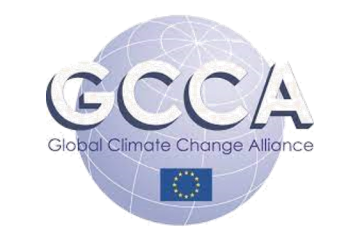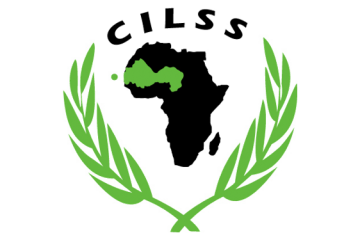Technical assistance to CILSS countries on climate issues (2013-2014) Benin, Burkina Faso, Cape Verde, Chad, Ivory Coast, Gambia, Ghana, Guinea, Guinea Bissau, Liberia, Mali, Mauritania, Niger, Nigeria, Sao Tomé and Principe, Senegal, Sierra Leone
![]() ENVIRONMENT
ENVIRONMENT ![]() TRANSVERSAL
TRANSVERSAL


Services: Strategic analysis and foresight, Technical and economic advice, Technical assistance, Training and capacity building
Countries: Benin, Burkina Faso, Cape Verde, Chad, Ivory Coast, Gambia, Ghana, Guinea, Guinea Bissau, Liberia, Mali, Mauritania, Niger, Nigeria, Sao Tomé and Principe, Senegal, Sierra Leone
Dates of intervention: 2013/07 - 2014/12
Amount executed: 50 665 €
Total amount of the service: 50 665 €
Main backer: Global Climate Change Alliance - Client
Main beneficiary: Permanent Interstates Committee for Drought Control in the Sahel
Support provider: SalvaTerra
Experts: Olivier BOUYER, Maden LE CROM, Jérôme MAURICE
Certificate of satisfactory executionBulletin spécial COP19: Ou en sont les négociations sur le climat et que peut-on attendre de la 19eme Conférence climat de Varsovie ?#1 Sciences du climat : Bases scientifique des changements climatiques et perspectives futures dans le monde en général et en Afrique de l'Ouest en particulier#2 Historique : Historiques de 20 ans de négociations sur le climat, de Rio en 1992 à Doha en 2012#3 Négociations climat : Les enceintes de négociations, les pays et groupes de pays en présences, les principales positions de négociation, les outils du négociateur #4 Bilan de DOHA - PARTIE 2 : La suite du Protocole de Kyoto pour 2013-2020#5 Bilan de DOHA - PARTIE 2 : La fin des négociations sur l'action concertée (AWG-LCA) et les perspectives offertes par la Plateforme de Durban (ADP)#6 LULUCF et REDD+ : Etat des lieux des négociations#7 Adaptation aux changements climatiques : Revue des PANA de 18 pays sub-sahariens, de leurs priorités et des perspectives futures en matière d'adaptation#8 Financement "Climat" : Etats des lieux, perspectives et focus sur le marché du carbone, le REDD+ et l'adaptation
Context of the service
The Global Climate Change Alliance (GCCA) supports CILSS and ECOWAS countries to:
- Improve their capacity to analyse climate change and its consequences on agricultural systems;
- Propose strategies combining both adaptation to/mitigation of climate change, to increase agricultural production and access to the carbon market;
- Improve the integration of climate issues into national and regional development strategies;
- Strengthen capacity for climate negotiations.
This technical assistance is part of this GCCA support and covers all its themes, from support for climate negotiations to the implementation of mitigation projects on the ground, including support for the integration of climate issues into public policies.
Services provided
Through training, workshops and analysis, four major services were provided:
1/ Support to West African negotiators: functioning of negotiating forums, history of debates (mitigation, adaptation, technologies and finance), country positions, deciphering current issues, preparation of West African positions;
2/ Integration of mitigation issues into public policies: estimation of the costs and benefits of mitigation measures, proposal of strategic options, transcription into policies and measures;
3/ Integration of adaptation issues into public policies: identification and description of promising climate-smart agricultural practices;
4/ CILSS support to be accredited as a Designated Operational Entity (DOE) of the CDM and support from AFOLU project leaders (formulation of idea note - PIN - and project document - DP).
Summary of the service
Technical assistance to CILSS countries on climate issues (2013-2014): Support to West African negotiators before COP 19 and COP20; Integration of mitigation and adaptation issues into public policies; Support from CILSS to be accredited as a designated operational entity of the CDM and support from AFOLU project leaders.